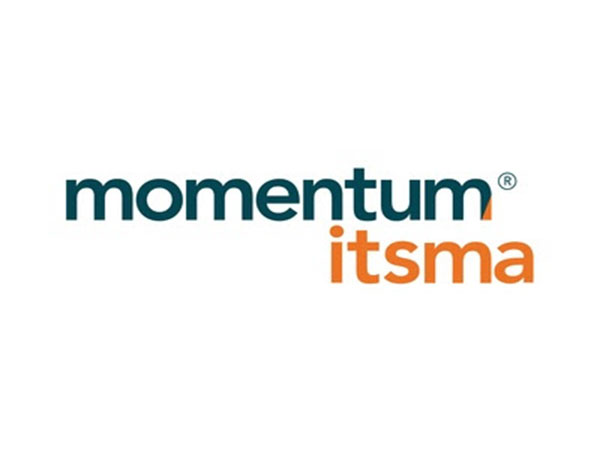Post-pandemic Employee Wellbeing
 The cost-of-living crisis is the latest challenge faced by everyone – employers and employees. Employers are experiencing leaner organisational structure, budget revisions and increased pressures in attracting and retaining talent. And employees are finding their health and wellbeing are impacted, as bills and living costs increase.
The cost-of-living crisis is the latest challenge faced by everyone – employers and employees. Employers are experiencing leaner organisational structure, budget revisions and increased pressures in attracting and retaining talent. And employees are finding their health and wellbeing are impacted, as bills and living costs increase.
How do we approach post-pandemic employee wellbeing?
Disparities are emerging between employer and employee expectations in the new hybrid working world. In the working world of yesterday, the objective was to have one universal offer, to be seen to be fair to all employees. However, equality and fairness also come from relevance – something for everyone based on their life stage, location, working style etc. This presents an opportunity to support employees beyond their financial needs, by allowing them to select benefits that match their personal needs in other areas of their lives.
The four pillars of wellbeing
The four pillars of wellbeing have not changed post-pandemic and are known to be:
Financial wellbeing: people are anxious over their ability to cope financially
Mental wellbeing: the upheaval of the COVID pandemic and the cost of living crisis continues to impact mental health
Physical wellbeing: physical health is an important area due to desk-bound lifestyles and challenges with health provisions
Social wellbeing: as we’ve previously written, the increase in home working, virtual meetings and now financial concerns all combine to create feelings of isolation and loneliness
With that in mind, here are our tips for each pillar of wellbeing to help you to support your wellbeing and that of your team.
Financial wellbeing
- Start to normalise conversations about financial concerns at work – showing concern and empathy helps to break down stigma
- Ensure employees are fully aware of all the benefits the company currently offers and how to make the most of them
- Advise people that they can get free, confidential, and independent money and debt advice from the government’s Money and Pensions Service
- Review your benefits package – is it working hard enough for those in need?
- Review your reward strategy – if you can afford to offer a cost-of-living bonus, make sure it doesn’t adversely affect those claiming Universal Credits or Tax Credits
- Train line managers to provide the right support to employees through the cost-of-living crisis.
Mental wellbeing
- Provide mental health awareness training for managers and all employees – contact us if you’d like to find out how
- If your team has trained Mental Health First Aiders, make sure employees know who they are and how to contact them with any concerns. You can also ask your Mental Health First Aiders to create wellbeing plans for your team
- Consider partnering with a mental health app, such as Thrive or Moodfit
- Offer sources of help, e.g. counselling, an employee assistance programme and occupational health services where possible.
Physical wellbeing
- Get employees moving and in the fresh air whenever possible – at People Business, we regularly have walking meetings when the weather is on our side. Take lunch breaks outside
- Implement a team health challenge. This has two benefits – motivating employees to create long-lasting behavioural changes/develop better personal health and it also has great team-building advantages
- Have fruit available in the office so that employees have quick and healthy snacks to hand.
Social wellbeing
- Introduce regular team building activities. Hold impromptu contests, celebrate work anniversaries, organise an office quiz, form a book club – anything that gets people together and talking
- Foster a workplace culture of gratitude. Evidence has shown that organisational gratitude interventions and embedding gratitude practices can enhance and sustain job satisfaction (Waters, 2012)
- Try being more open with people. This helps to build relationships, which in turn contribute to individual growth. Social support and trust are key in the development of organisational features such as cooperation and trustworthiness
- Ensure any initiatives you implement are genuine. Employees can tell the difference between the high visibility, ‘gimmicky’ benefits often used to denote a fun office culture, and those that present real opportunity to build meaningful social connections. An employee survey can help you identify exactly what it is that your people value.
Walk the talk
With all the above, lead by example. It’s all well and good telling people to do something but it’s much better to show them. If you want a healthy lifestyle culture to run throughout an organisation then it’s much more likely to succeed if you take a top-down approach and management embraces wellbeing initiatives. Share your own wellbeing activities, goals, and challenges – and make sure you participate in team challenges, too!
We offer a wide range of wellbeing initiatives within our WorkWell programme – wellbeing audits, mental health awareness training, employee surveys, team building days and more. If you’d like to find out more, contact us.




